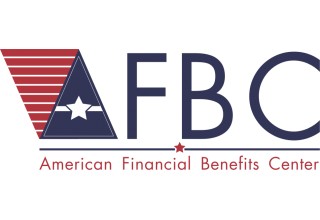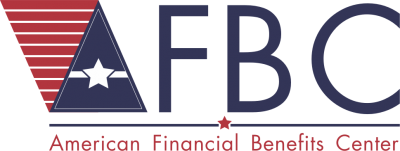American Financial Benefits Center: Low-Income Students Work Harder, Have Lower Future Job Prospects

EMERYVILLE, Calif., September 12, 2018 (Newswire.com) - As work hours for low-income students go up, the likelihood of good grades and degree completion goes down, according to a recent Georgetown University study. Many assume that students working their way through college learn self-discipline and resourcefulness. And though this hard work can teach valuable life lessons, the most important academic lessons that college students learn are in the classroom. Despite their efforts inside and outside of class, low-income students working their way through college are at high risk of leaving college with an incomplete degree and a mountain of student loan debt. American Financial Benefits Center (AFBC), a document preparation company that helps its clients apply for federal income-driven repayment plans (IDRs), encourages borrowers not to be discouraged by high student loan debt.
“It’s unfortunate that working hard outside the classroom may actually be detrimental to a low-income student’s financial future,” said Sara Molina, manager at AFBC. “It’s especially heartbreaking that these students, who have already had to work harder than their peers, continue to spend years paying off loans that may have not produced a marketable degree. Our clients understand the relief of finding a federal program, such as an IDR, that can possibly lessen the burden of steep monthly payments.”
It's unfortunate that working hard outside the classroom may actually be detrimental to a low-income student's financial future.
Sara Molina, Manager at AFBC
Low-income students, more than any other group, are faced with the challenges posed by ever-increasing tuition and financial aid that has not kept pace. For these students, with extremely limited family support, outside work is much more prevalent. For example, while 65 percent of higher-income students work less than 15 hours per week, 60 percent of low-income learners worked more than 15 hours per week. This correlates to classroom performance with those working less than 15 hours per week earning grades of B or higher, while those working more than 15 hours per week earning grades of C or lower.
According to the study, these outcomes perpetuate intergenerational inequality since it is nearly impossible for students to “work their way through college” due to the skyrocketing cost of college. Therefore, efforts to work outside the classroom decrease degree completion and the chance of future high-quality job opportunities while simultaneously increasing student loan debt — a devastating combination.
For those who find themselves struggling with student loan debt, IDRs are alternative repayment options for federal student loan borrowers whose payments are high compared to their income and family size. Such plans calculate payments based on discretionary income and can potentially end in forgiveness after 20 to 25 years in the program.
“It appears that working hard during school, for many borrowers, results in higher student loan debt and lowered career opportunities,” said Molina. “We hope that our clients take advantage of any payment reduction they may have received in an IDR to build the better life that they and their family always dreamed of.”
About American Financial Benefits Center
American Financial Benefits Center is a document preparation company that helps clients apply for federal student loan repayment plans that fit their personal financial and student loan situation. Through its strict customer service guidelines, the company strives for the highest levels of honesty and integrity.
Each AFBC telephone representative has received the Certified Student Loan Professional certification through the International Association of Professional Debt Arbitrators (IAPDA).
American Financial Benefits Center Newsroom
Contact
To learn more about American Financial Benefits Center, please contact:
American Financial Benefits Center
1900 Powell Street #600
Emeryville, CA 94608
1-800-488-1490
info@afbcenter.com
Source: American Financial Benefits Center


